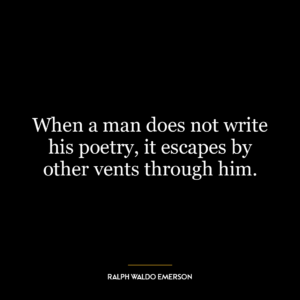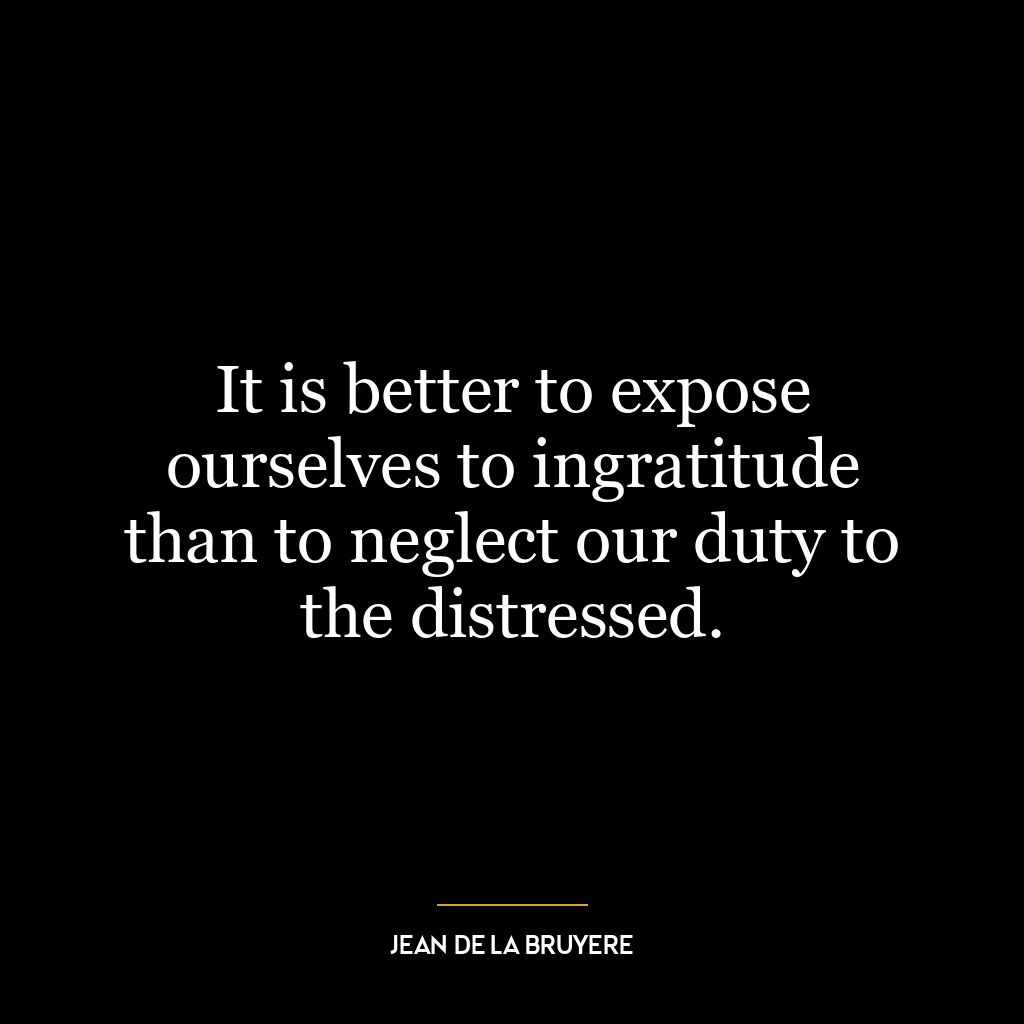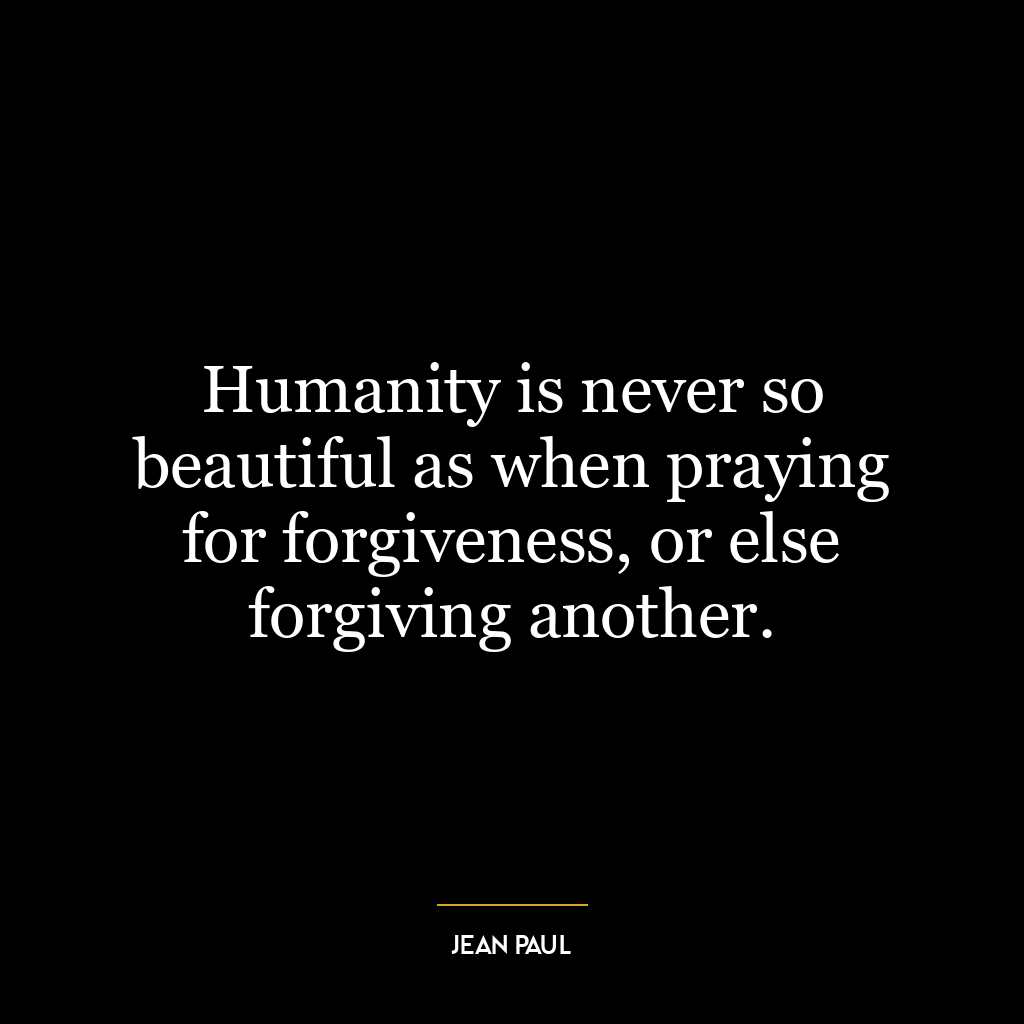This quote suggests that the person in question possesses a heart as vast and expansive as the world itself, indicating immense capacity for love, understanding, and compassion. Though, despite this grandeur of spirit and emotion, there is no space within it to harbor grudges or remember wrongs done unto him. This implies a level of magnanimity where forgiveness is automatic and almost instinctive.
The essence of this quote promotes an outlook on life that values love over resentment or animosity. It speaks to the virtue of forgiveness and forgetting wrongs rather than holding onto them.Holding onto negative experiences can only serve to poison our hearts over time; it’s like carrying a heavy load that gradually wears us down both emotionally and spiritually.
In today’s world where conflicts are rampant – from personal disagreements to global disputes – applying this beliefs could lead to more peaceful coexistence. If individuals chose not to hold onto past hurts but instead focused on understanding one another better, we would have healthier relationships at all levels.
From a personal progress perspective, living by such an idea can be incredibly liberating. Holding grudges requires energy – it keeps us stuck in the past, prevents us from moving forward with our lives, and can even effect our mental health negatively. By choosing not to remember wrongs done unto us – by forgiving others – we free ourselves from these chains that bind us to negativity.
Moreover, having ‘a heart as great as the world’ encourages empathy towards others irrespective of their background or circumstances; promoting inclusivity rather than division among people which is much needed in our increasingly diverse societies today.
Thus Emerson’s quote serves as timeless advice for fostering peace both within ourselves and with those around us: To possess boundless love yet devoid any room for resentment or bitterness.















